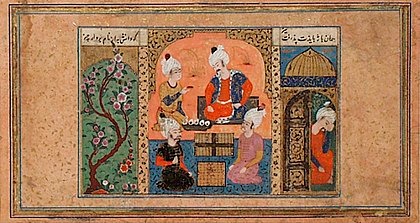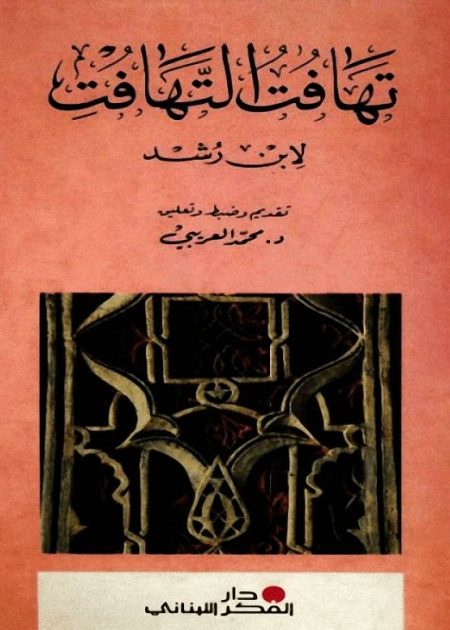962-7983-18423+
24/7 دعم

Abu al-Walid Muhammad ibn Ahmad ibn Muhammad ibn Ahmad ibn Ahmad ibn Rushd al-Andalusi, known as Ibn Rushd al-Hafid (520 AH – 595 AH), (born April 14, 1126 AD, Córdoba – died December 10, 1198 AD, Marrakesh), was an Andalusian Muslim philosopher. He studied jurisprudence, legal principles, medicine, mathematics, astronomy, and philosophy, and excelled in the science of controversy. He practiced medicine and became a judge in Córdoba. In 578 AH/1182 AD, Europeans became widely acquainted with him and called him (in Latin: Averroes). He grew up in one of the most prominent families in Andalusia, known for its Maliki school of thought. He memorized the Muwatta’ of Imam Malik and the Diwan of al-Mutanabbi. He studied jurisprudence according to the Maliki school of thought and doctrine according to the Ash’ari school of thought. Ibn Rushd is considered one of the most important philosophers of Islam. He defended philosophy and corrected the understanding of some of Plato’s and Aristotle’s theories by earlier scholars and philosophers such as Ibn Sina and Al-Farabi. Ibn Tufayl introduced him to Abu Yaqub, the Almohad Caliph, who appointed him as his physician and then a judge in Cordoba. Ibn Rushd assumed the position of judge in Seville and devoted himself to interpreting Aristotle’s works, in response to the desire of the Almohad Caliph Abu Yaqub Yusuf. At the end of his life, Ibn Rushd suffered an ordeal when Abu Yusuf Yaqub banished him to Marrakesh, where he died (1198 AD).
